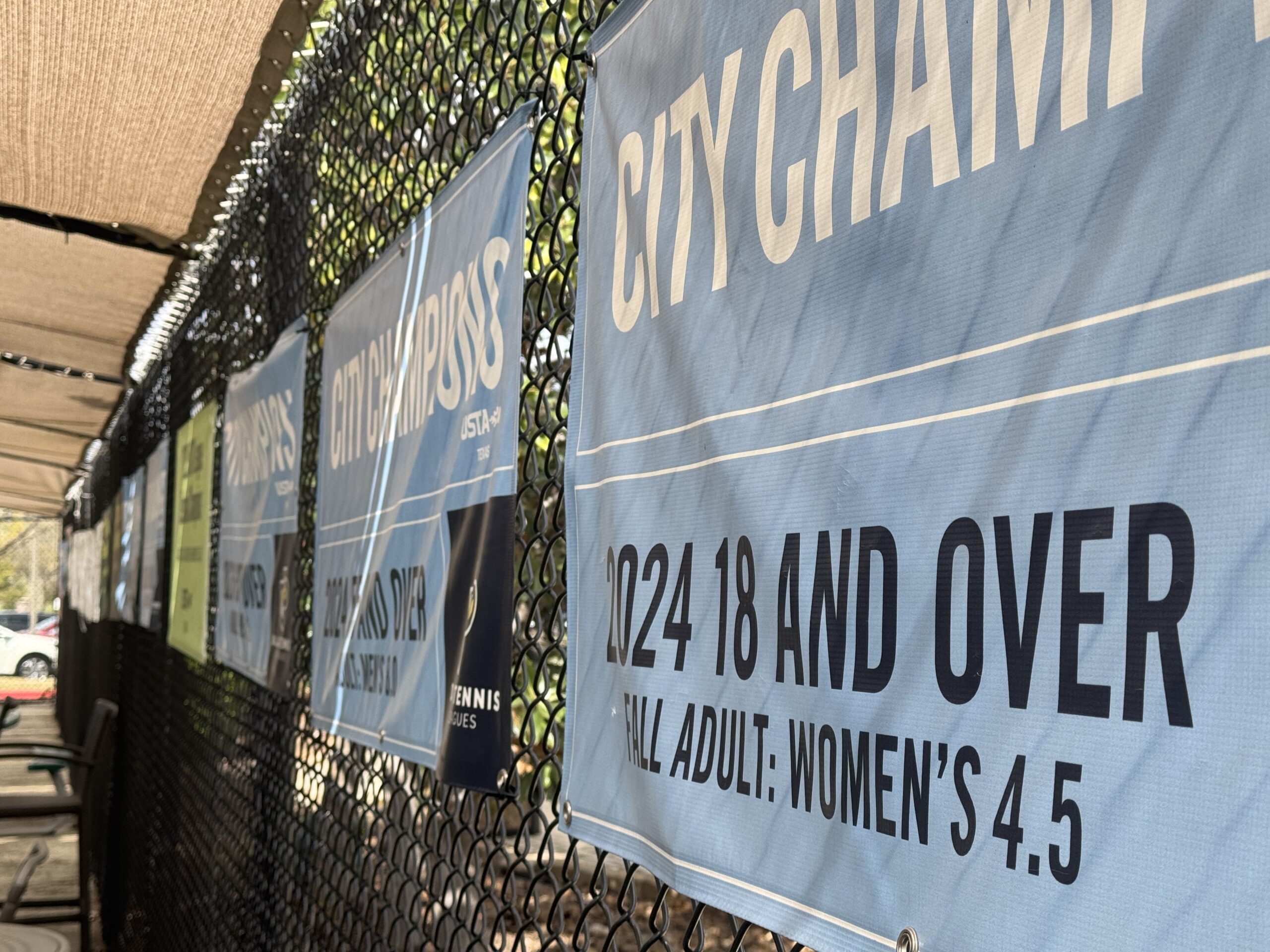Earlier this year, a doubles team retired from a match at the Tom Fey Tri-Level National Invitational Championships. It was deemed to be an act of flagrant unsportsmanlike conduct. In recent posts, we have examined the USTA rules and regulations as well as the punitive downstream effects. Today, I am focusing exclusively on the sportsmanship ramifications that kicked off this saga.
In my home Section of Texas, it is considered a routine and standard practice for the remaining lines on the winning team to retire from the knockout stages of local playoffs and the Sectional Championships once the team result is determined. In fact, I perceive that the committees that run those events want that to be done. It helps with court capacity and streamlines completing the event on the final day of competition. Texas is a large Section, and some teams are facing a 7+ hour drive home once the event concludes. It’s a matter of expedience.
An important caveat is that the practice is restricted to the knockout stages rather than the initial round-robin pool play. While the culture of Texas expects that some bracketed matches will be abandoned, there is a general awareness that doing so during the earlier stages of the competition is distinctly uncool. I am among those who would agree that retiring from a match in the early rounds is unsportsmanlike because it potentially makes impactful changes to the preliminary standings. In fact, it is mathematically possible it could determine the advancement result of a team that wasn’t directly involved on either side of the retired match.
At the Tom Fey Tri-Level National Invitational Championships, had the penalized team retired lines during the round-robin stages once their own advancement to the Championship stages was assured, I would generally agree that it was an unsportsmanlike act. However, with a key caveat. If a player was injured or cramping, that would change the matter entirely. The USTA definitely doesn’t want to put themselves in the position of pushing a player to put their health at risk by continuing. Similarly, the organization is reluctant to take the liability risk of determining if a player is genuinely injured.
Even if a match was retired during the earlier stages as a matter of convenience, I am having trouble reconciling that act with the idea that it is flagrant unsportsmanlike conduct. If anything, that feels like a “warning” situation. Depending on the circumstances, I can see maybe (non-flagrant) unsportsmanlike conduct, but only with exacerbating factors. That would put the event in the 2-4 suspension point range.
Putting my Texas experiences that bias how I view match retirements during USTA League format competitions aside, there are some reasons that could underpin why the Championship Committee at this event preferred that the matches be completed.
One possible consideration is a belief that players who travel across the country deserve to receive maximum match play. In essence, not completing the match denies them the opportunity to compete. However, players are only guaranteed matches on the first two days of competition. Most do not advance to the Championship rounds. In essence, those matches are a “bonus.” Additionally, assuming the lines were put on simultaneously, the players in the retired match spend the precise amount of time on court as their teammates who played complete matches.
Another possible motivation would be if the Championship Committee were suspected that a player retired from a match to potentially duck disqualification strikes. I seriously doubt that is a consideration at the National level, but that could certainly come into play at the local Playoff and Sectional tiers.
To me, a much more insidious outcome is when a team has clinched advancement, and the remaining lines complete their matches without giving effort. Tanking perturbs the NTRP rating system. I also sincerely believe there have been instances where a player received a disqualification strike because an opponent started tanking in that precise situation. That is a much more serious sportsmanship issue than walking off the court with a legitimate partial score.
Perhaps the strongest argument supporting what ultimately happened at the Tom Fey Tri-Level National Invitational Championship was an announcement asking players and teams to complete all matches on Championship day. However, as previously described, not all players heard what was said, and those who did interpreted it as a request rather than a directive. I don’t see failure to honor that request as unsportsmanlike at all and certainly not at the flagrant level. If anything, it’s a miscommunication.
Tomorrow’s post will be a capstone summary of this journey of discovery. In the meantime, on the question of sportsmanship, I don’t agree with the decision that retiring from a match is flagrant, unsportsmanlike conduct. Without that initial determination, none of the rest of the saga would have transpired.
- USTA Tri-Level National Invitational Welcome Page, USTA SoCal Hosted Informational Page, last viewed April 6, 2024.
- 2024 USTA League National Regulations, USTA Resource Document, March 14, 2024.
- Friend at Court: The Handbook of Tennis Rules and Regulations, USTA, 2024
- USTA Adult and Family Tournament, Ranking, & Sanctioning Regulations, USTA Regulation, as amended December 14, 2023.
- USTA League Suspension Point System Calculation Tables, USTA Resource Document, February 6, 2024.
- USTA League Suspension Point System 2024, USTA Resource Document, February 6, 2024.
- USTA League Suspension Point System Frequently Asked Questions, USTA Resource Document, March 23, 2023.




This all is very interesting to me. I just returned from 55+ sectionals in Dallas, playing in the women’s 8.0 division. In the semis and finals, two players (playing as a team both times) from the winning Dallas team, retired in both matches after the team secured the win. Hmmmm.